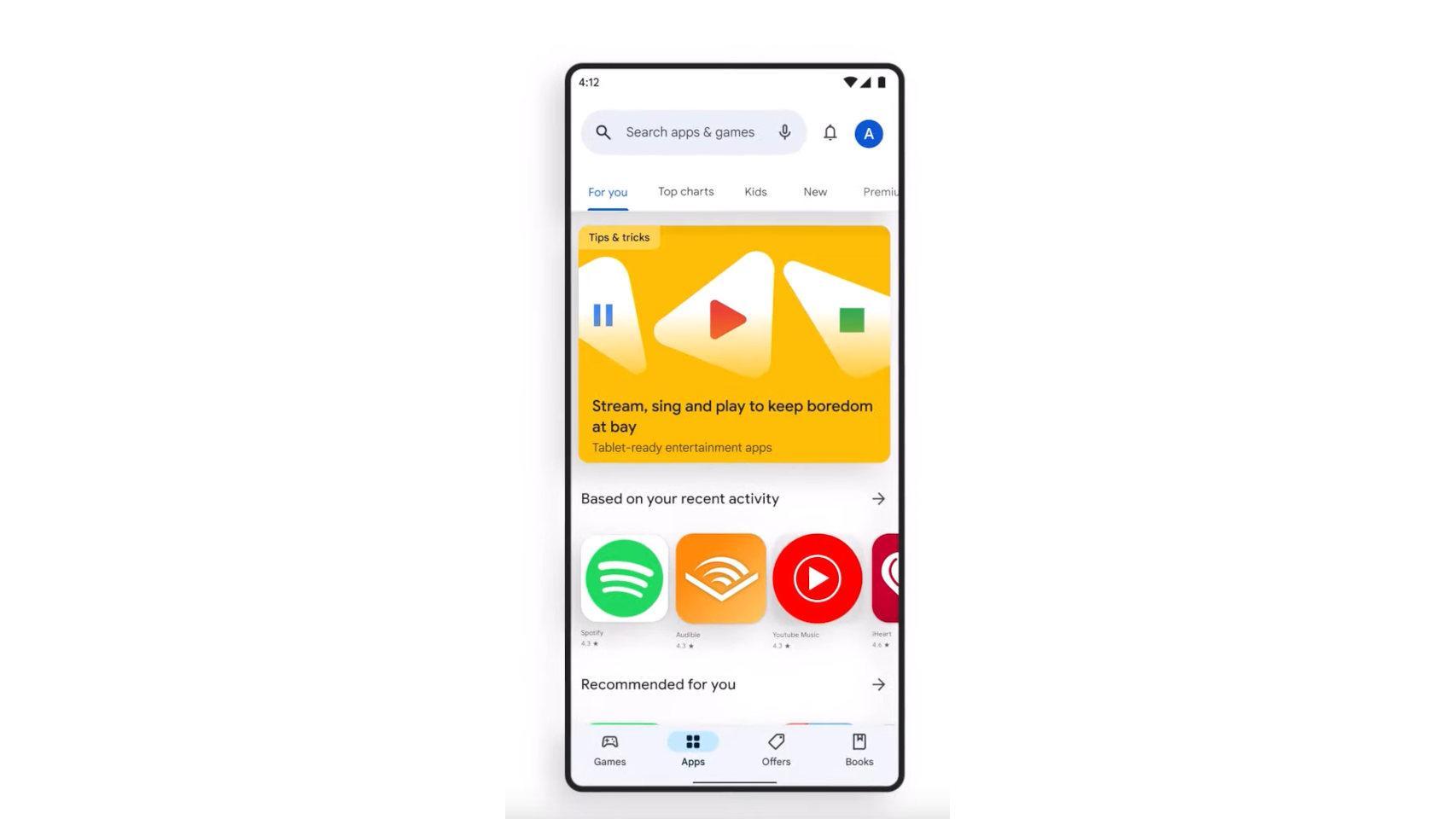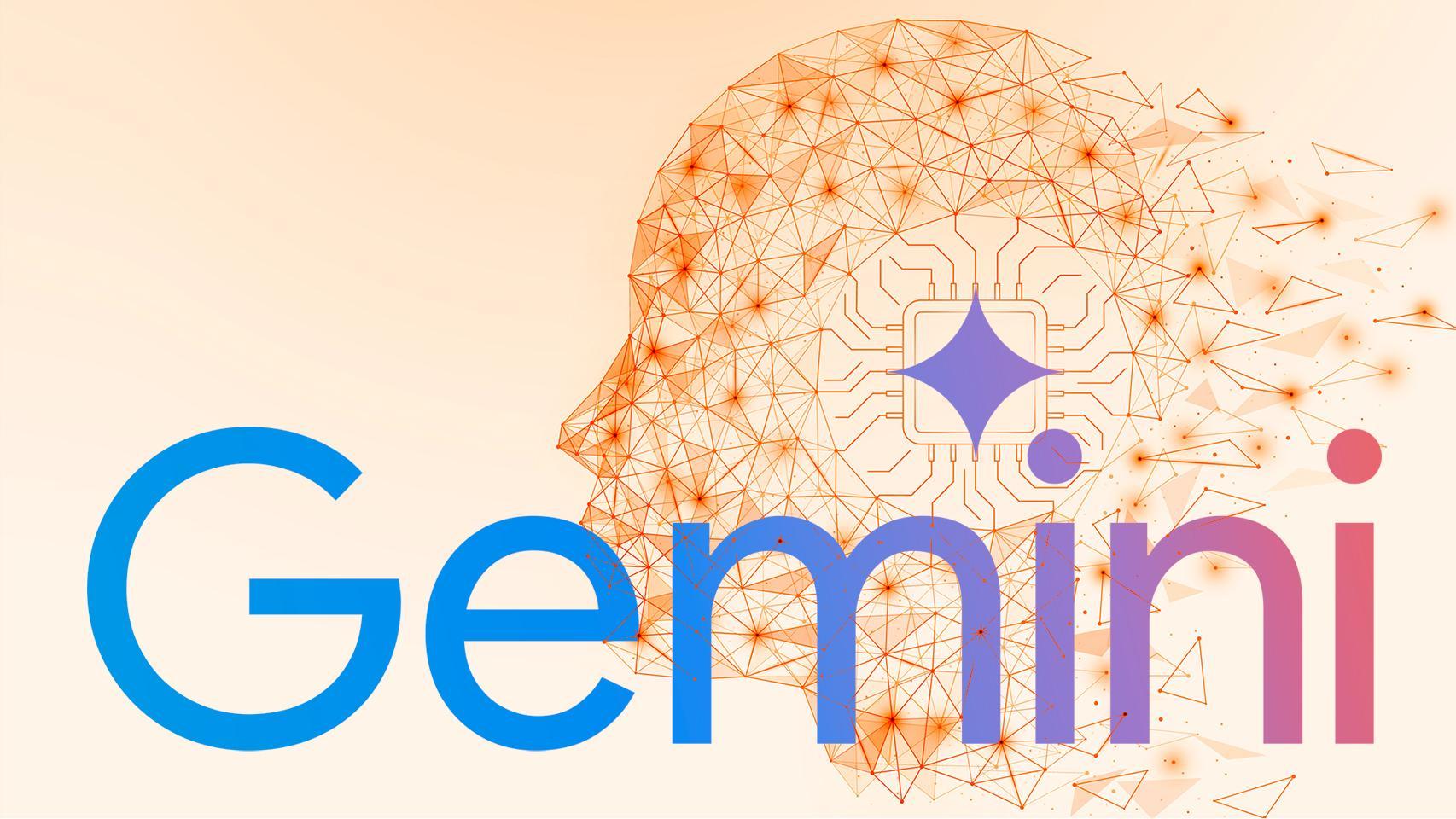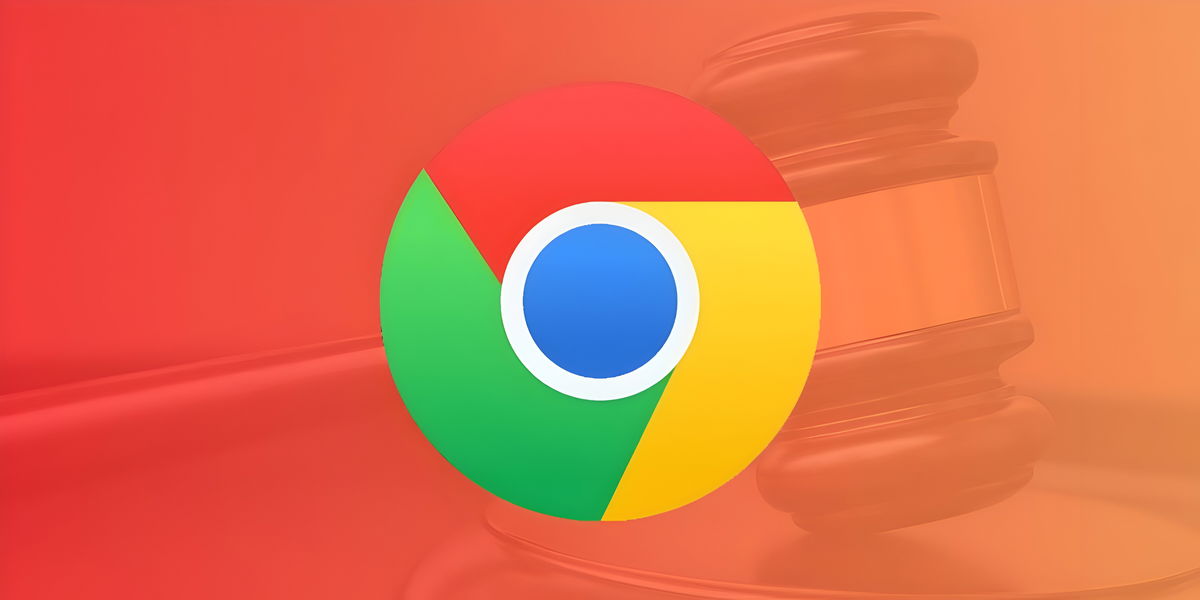For the vast majority of Android mobile users, the Google Play Store is where apps are downloaded and updated, period. While Google has expanded Play beyond apps in the past, in practice those attempts have been unsuccessful; that could change with a new philosophy for Google Play that comes with some significant changes under its belt.
Basically, Google wants to turn Google Play into something more than an App Store: in an “experience” in which to discover all kinds of new content, not just apps. And yes, artificial intelligence will obviously have a big role in this new experience, but surprisingly, Google is not going to rely exclusively on this technology, and it will also use human experts for some functions.
The changes in Google Play are not obvious at first glance, since they do not come with a redesign under the arm; but we will begin to notice them in new sections and integrated functions. For example, in a new comics section which offers access to classics like One Piece directly in the app and for now, will be available first in Japan. But above all, the new features of Google Play focus on recommendations of content and applications.
For example, the AI-generated summaries already announced at Google I/O are now even more comprehensive and could become the only thing we need to decide whether to install a new app.
The new function displays a summary of application functionsremoving all the “chatter” from the description and explaining in a few words what it can do; for example, listing the effects and filters that a photo editing app has. This will also allow us to compare similar apps or those that belong to similar categories, to allow us to choose the one that best suits our needs.
New summary of app features on Google Play
Free Android
However, Google won’t rely solely on AI for these recommendations, showing human-created lists of content and apps that we might be interested in; such as a list of the best apps for marathons.
Games will also be easier to find, thanks to new personalized game recommendations. Google realized that interest-based recommendations are very limited, so it now lets you select multiple interests at once (like action and shooter, for example) to further narrow down recommendations and not show games that you’re not interested in.
New Google Play Collections widget
Free Android
But perhaps the biggest change lies in a new Google Play widget, called Collections. By installing the widget on the home screen, Google Play will be able to show us recommendations based on the content of our applications. It’s no secret that Google knows a lot about us, but we can finally make this information useful with direct access to offers that might interest us, the news of our favorite actors or the book we were waiting for and didn’t know had arrived. outside.
Collections connects to our apps via an existing API to display this content; for example, to continue listening to the playlist we had on Spotify or the series we were watching on Amazon Prime Video. However, not all apps are compatible (only those that use the API in question) and the user can select the apps for which we do not want to provide data. At the moment, Collections is only available in the United States.










